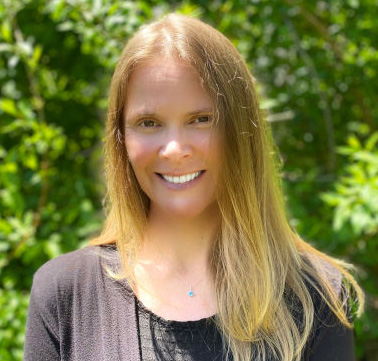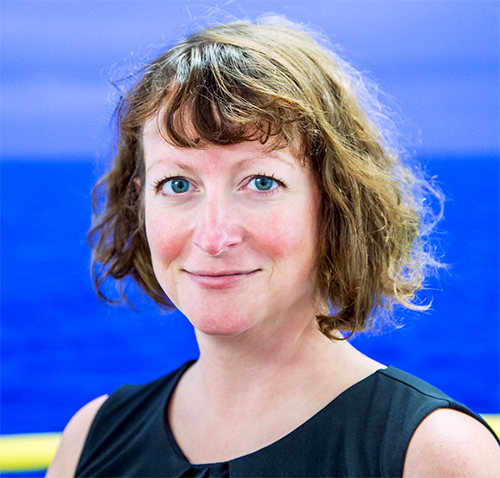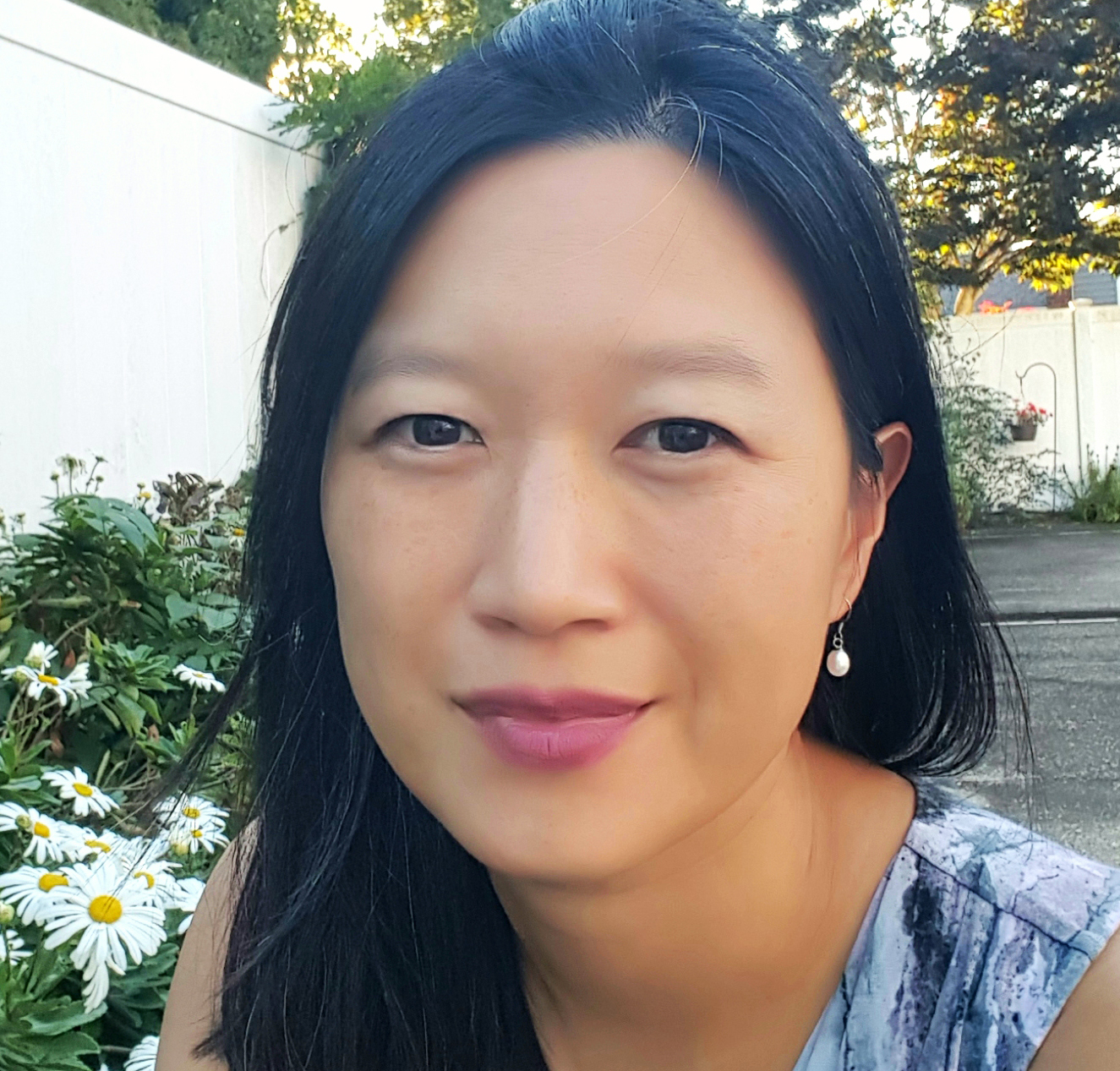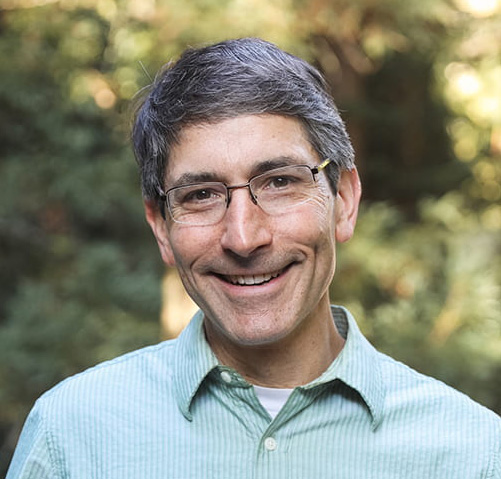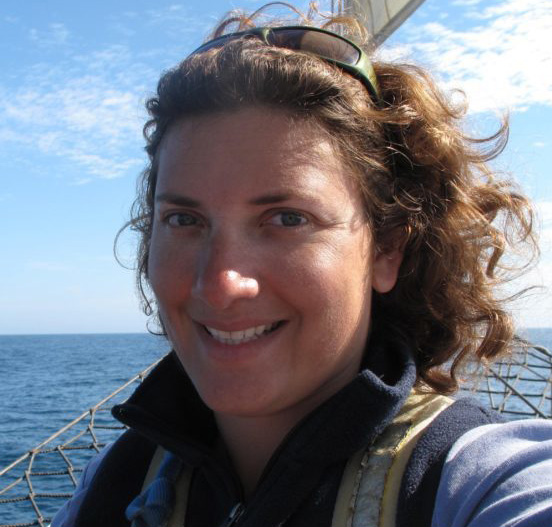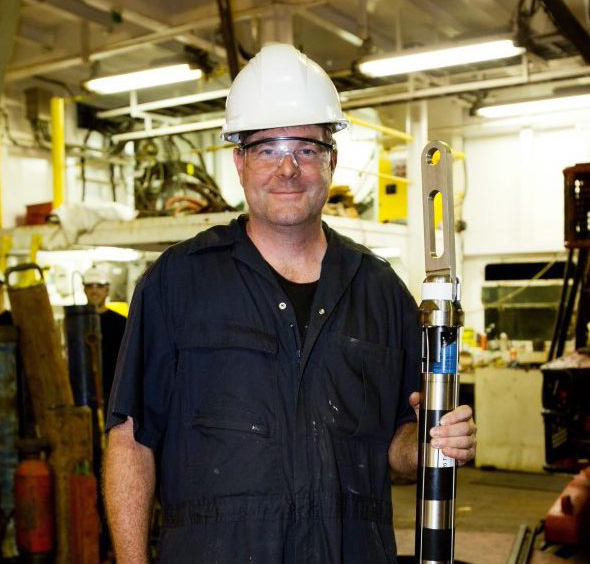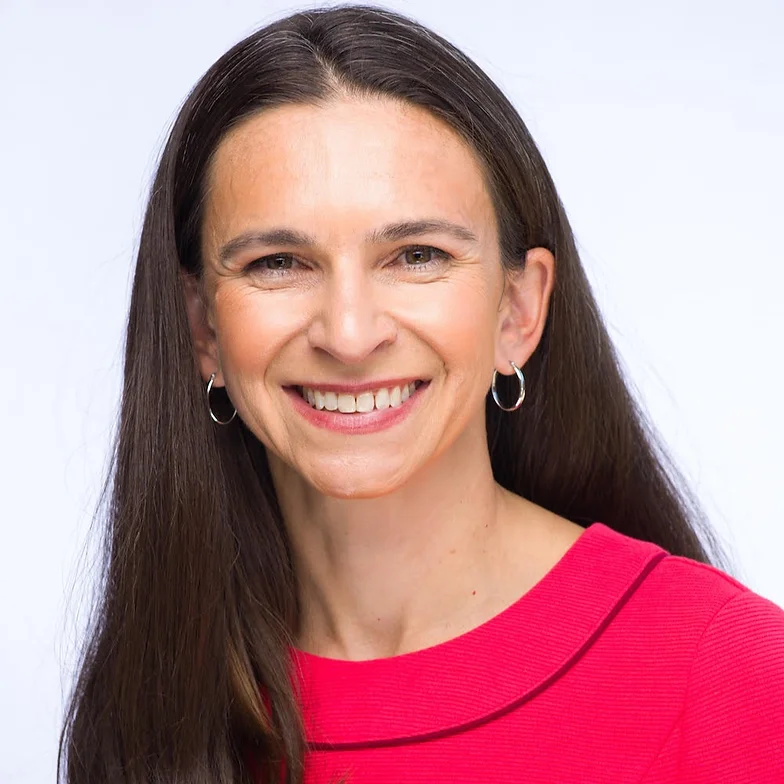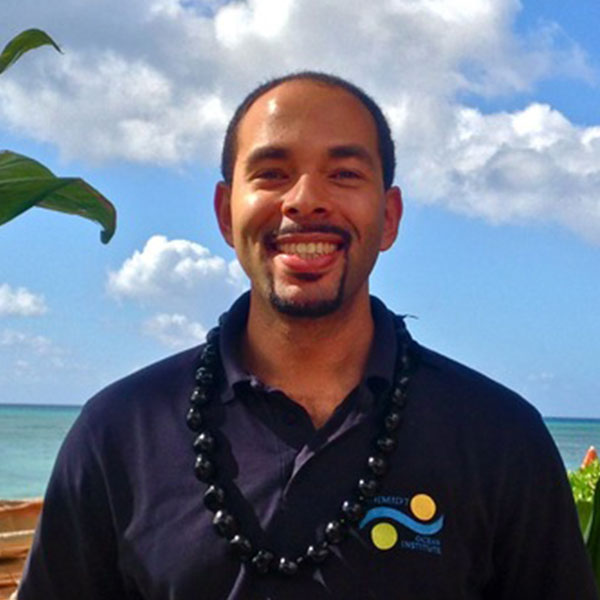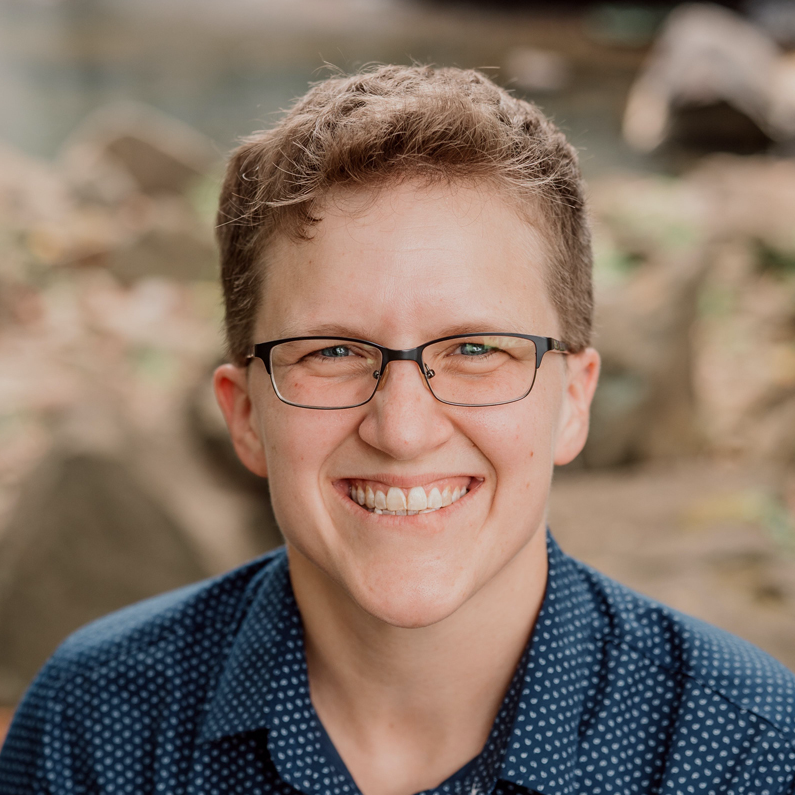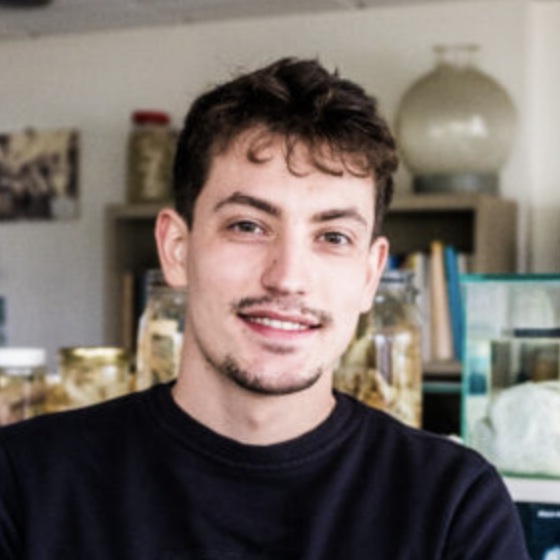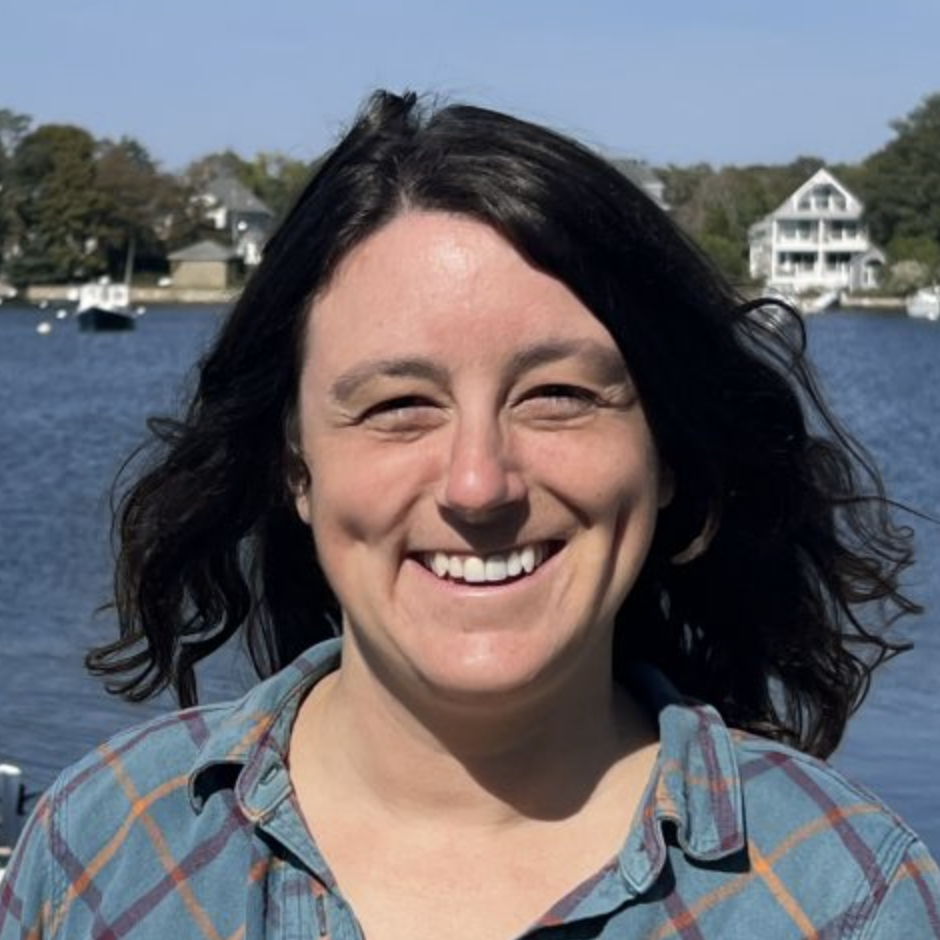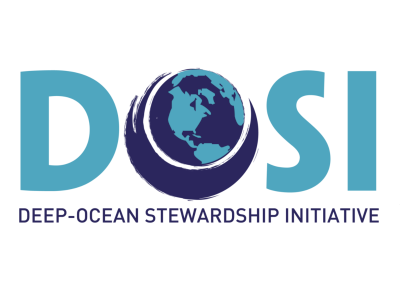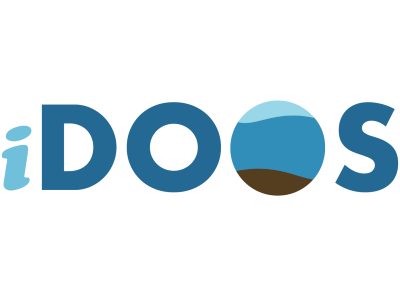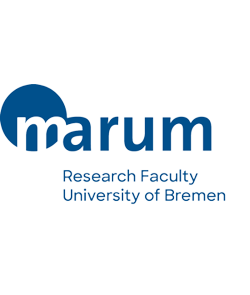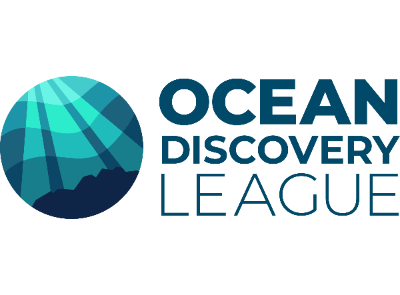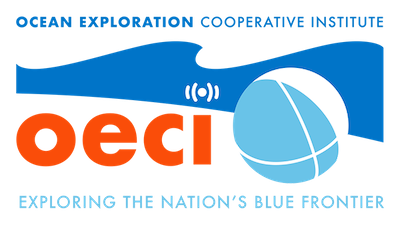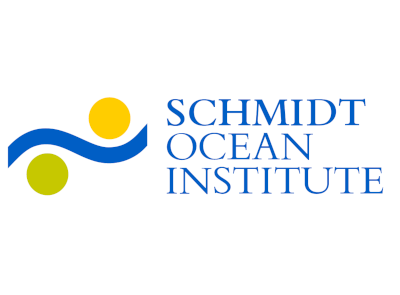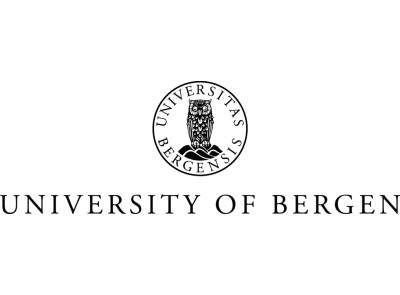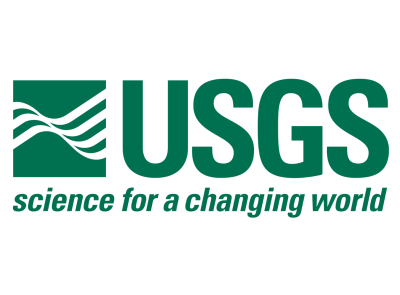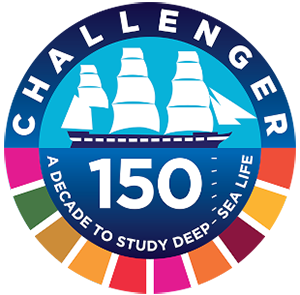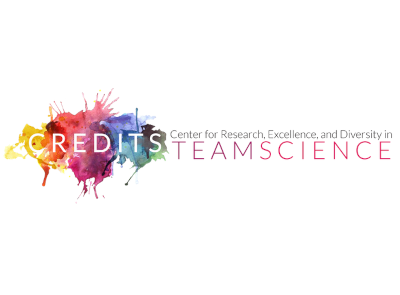Why is this needed?
The Problem: The rapid development of industrial-scale tools for mining of deep seafloor mineral/crustal deposits has outpaced the scientific understanding of the environmental impacts of this activity, which could rival or exceed in scale the impacts of deep-sea fishing. Likewise, there is accelerating interest in carbon sequestration in oceanic crust as a strategy to mitigate climate change, but short- and long-term effects are poorly understood.
The Challenge: We need to accelerate scientific understanding of deep-sea crustal ecosystems and their resilience to inform decision making, prevent serious harm, and provide benefit to society. However, we are hampered by limited deep-sea research and monitoring assets, a relatively small community of scientists focused on these questions, and data access issues.
Our Solution: COBRA is an international, virtual research coordination network that brings together diverse stakeholders from academia, government, resource management, industry, and policy-making to identify priority issues and coordinate efforts to address them while training future generations in inclusive ocean exploration, policy, research, and making data more accessible.
How does COBRA work?
COBRA set out ambitious goals in our proposal to the U.S. National Science Foundation to achieve our mission with activities to coordinate, accelerate, translate and educate. See our logic model for a roadmap of how we intend COBRA to work with the relationships among the resources in our program, the activities we plan to do, and the outcomes and impacts we hope to achieve. Our collaboration plan outlines key processes related to team functioning for COBRA, including communication, coordination, decision making, leadership, management, administration, and conflict prevention. Other terms of reference: Executive Committee Membership.
As a virtual research coordination network, COBRA asks all participants to abide by our Code of Ethics and Professional Conduct and Conflict of Interest Policy in line with our commitment to contributing to making deep-sea research more just, equitable, diverse, and inclusive.
Meet Our Team
COBRA is led by a team of scientists from across the US in collaboration with national and international partner organizations
“Scientific guidance is needed now more than ever to inform emerging deep-sea industries to advise sustainability and prevent serious harm.”
© Ocean Exploration Trust NA134 2021

